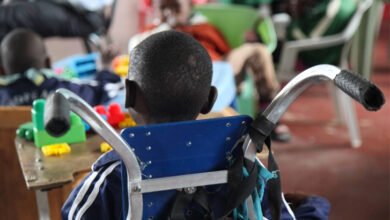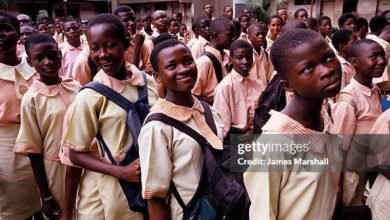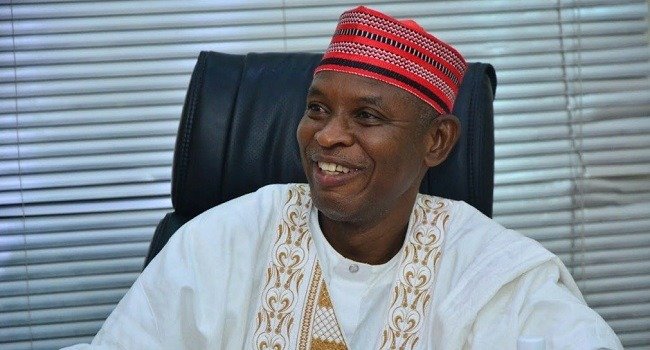Lagos Records Over 210,000 Pupils in JSS1 Entrance Examination

No fewer than 210,465 primary six pupils across 549 centres in Lagos State participated in the 2025 Placement Test into Junior Secondary School (JSS1) over the weekend.
The test, which serves as the official assessment for transitioning from primary to junior secondary education, featured subjects including English Studies, Verbal Reasoning, Yoruba, Mathematics, Quantitative Reasoning, General Paper, and Primary Science.
The Chairman of the Lagos State Universal Basic Education Board (SUBEB), Dr. Hakeem Babatunde Shittu, who monitored the examination in various parts of the state—Ikoyi, Victoria Island, Ajah, and Surulere—expressed satisfaction with the conduct and quality of the exercise. He noted the significant turnout from both public and private school pupils as a sign of renewed confidence in Lagos’ public education system.
According to Dr. Shittu, the growing interest from parents with children in private schools reflects a broader shift in public perception. “A lot of parents whose children are in private schools are now more interested in public schools,” he said. “It is a sign of improved learning and infrastructure in our public education sector.”
He emphasized that the entrance exam was strictly merit-based, maintaining a high standard to ensure that only capable pupils transition into the next phase of their education. “We are not compromising on quality. This exam is designed to test readiness and reward merit,” he added.
Inclusiveness was also a key priority. Dr. Shittu explained that no community or child was left behind in the planning and implementation of the placement test. From underserved and riverine areas to hard-to-reach communities, supervisors and materials were deployed statewide.
He stressed that the state also made adequate provisions for children with disabilities, setting up special centres to meet their specific needs. “There is no discrimination,” he affirmed. “Every child is accommodated according to their circumstances.”
Parents also expressed appreciation for the level of organisation. Mr. Adebayo Olayinka, whose child attends a private school, commended the process as well-run and significantly improved. Although he initially experienced confusion about the exam schedule, he was impressed by how orderly the examination turned out to be.
He noted the effectiveness of school officials in maintaining control and ensuring that parents did not crowd the exam centres, an effort he initially found uncomfortable but later appreciated for its impact on the pupils’ concentration.
Dr. Shittu concluded by thanking parents for their support and for entrusting their children’s education to the public system. He reiterated that Lagos State remains committed to providing quality education and expanding access across all regions.
This placement exercise, beyond being an academic requirement, stands as a powerful reaffirmation of every child’s right to education. It underscores the government’s responsibility to ensure that no child, regardless of background, location, or ability, is denied the opportunity to learn.




